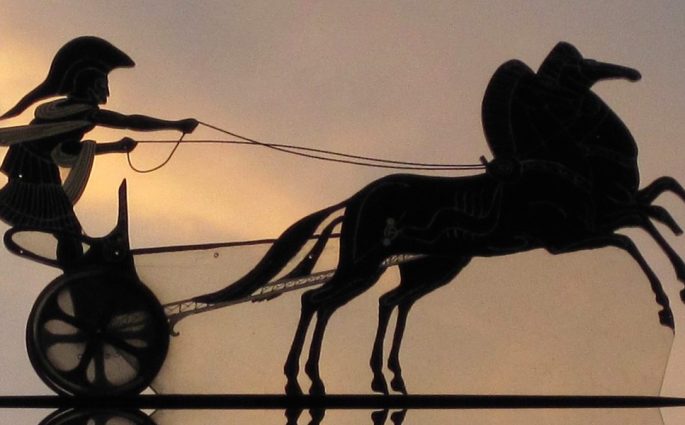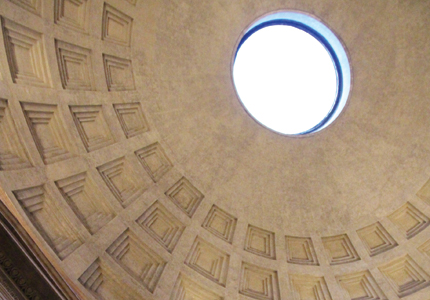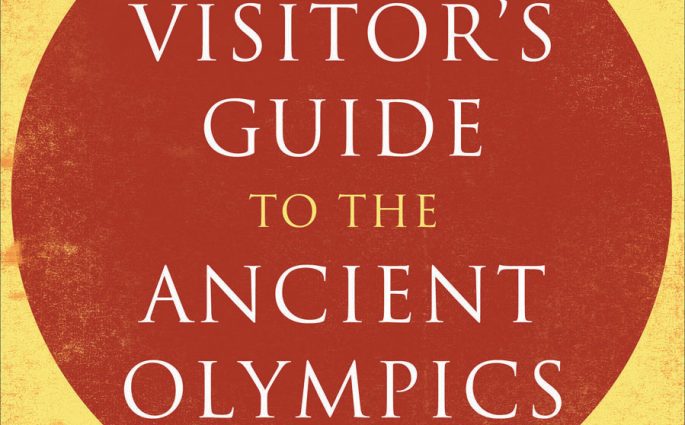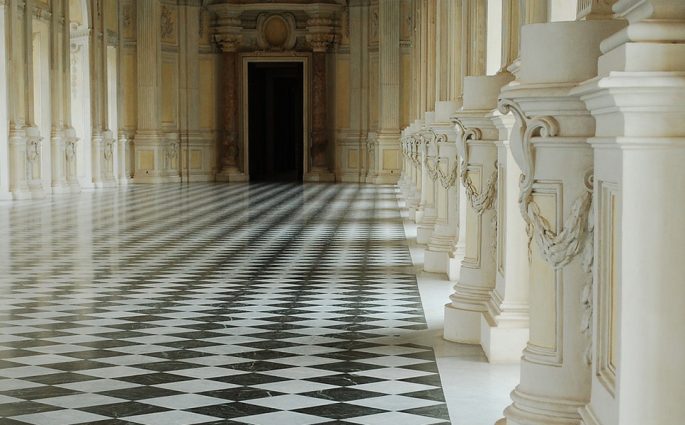What is Religion?
Richard Holloway— As with many useful words, symbol comes from Greek. It means to bring together things that had come apart, the way you might glue the bits of a broken plate together. Then a symbol became an object that stood for or represented something else. It still had the idea of





























London Olympics 2012: Whose Games Are They Anyway?
Neil Faulkner is the author of A Visitor’s Guide to the Ancient Olympics, now available from Yale University Press. With only 30 days left before the Opening Ceremony of the 2012 Olympic Games, we thought to share some insight into the side of the Games you won’t see, even those as
Continue reading…